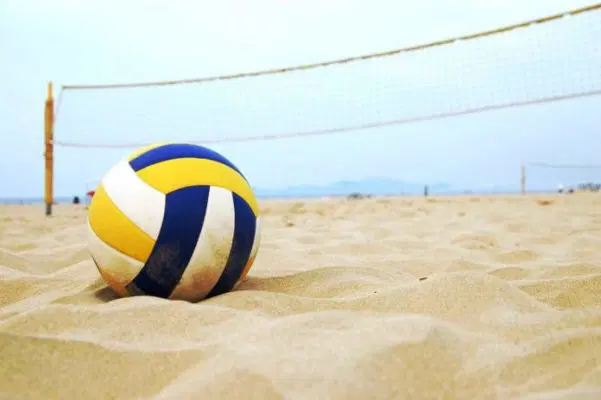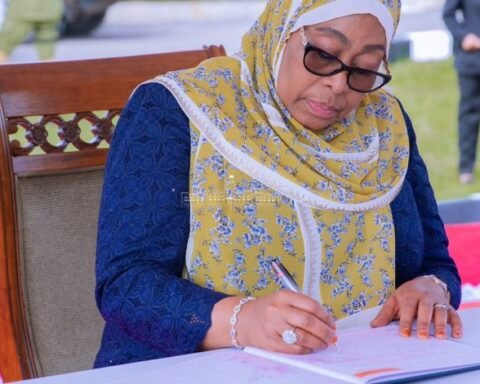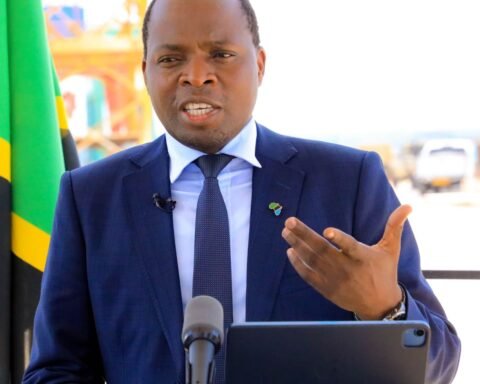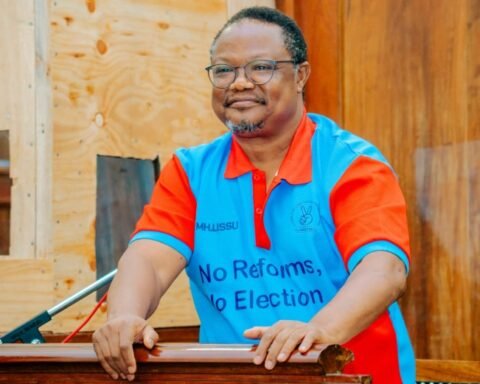The city of Dar es Salaam is buzzing with energy this week—not because of a championship match, but due to an extraordinary gathering of 37 volleyball coaches from across the African continent.
They’ve assembled for a prestigious FIVB Level One Coaching Course, a program that marks a milestone in the region’s long journey toward sporting excellence.
The course, running from July 7 to 12, 2025, is hosted through a joint partnership between the Fédération Internationale de Volleyball (FIVB) and the Tanzania Volleyball Federation (TVF). Its core mission is to sharpen coaching skills and align African volleyball with global standards seen in dominant nations like Brazil, Poland, and Japan.
“We’re empowering coaches not only to train better athletes but to inspire their communities,” said an FIVB master trainer at the launch ceremony.
This isn’t your typical coaching clinic. The FIVB Level One certification is the gateway into a global ladder of coaching qualifications, leading up to elite Level Two and Three badges. Over the five-day intensive workshop, participants are trained in:
- Sports biomechanics and injury prevention
- Tactical systems like 5–1 and 6–2 formations
- Mental skills coaching, motivation, and athlete discipline
- Team communication techniques for on- and off-court cohesion
- Digital video analysis to evaluate and improve player performance
Participants also take part in practical court sessions where they coach players under supervision and receive real-time feedback.
The event has brought together coaching talent from Kenya, Rwanda, Uganda, Zambia, Mozambique, and host country Tanzania—all nations with rising interest in the sport. According to TVF President John Mligo, this is “a new chapter for African volleyball.”
The course also places strong emphasis on gender inclusivity, with several female coaches participating, inspired by the success of teams like Kenya’s Malkia Strikers on the continental stage.
This initiative goes beyond sport. It is part of a broader agenda to align African sport with the United Nations Sustainable Development Goals (SDGs)—particularly Goal 3 (Good Health and Well-Being), Goal 5 (Gender Equality), and Goal 17 (Partnerships for the Goals).
“By training coaches, we are training mentors, community leaders, and agents of peace,” said one FIVB official, citing sport’s ability to combat youth delinquency and promote education.
The long-term goal is to deploy these newly certified coaches in local clubs, schools, and regional federations. Many will mentor younger coaches, creating a multiplying effect across their home countries. With more structured and evidence-based coaching, national teams are expected to perform better in continental competitions such as the African Games and international tournaments like the FIVB World Championship and Olympics.







